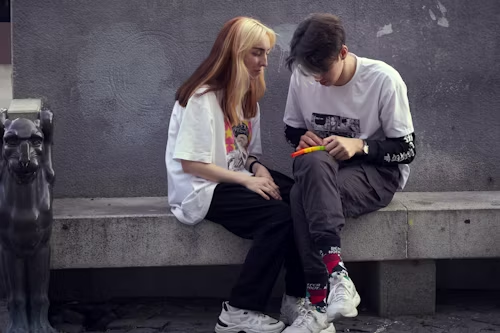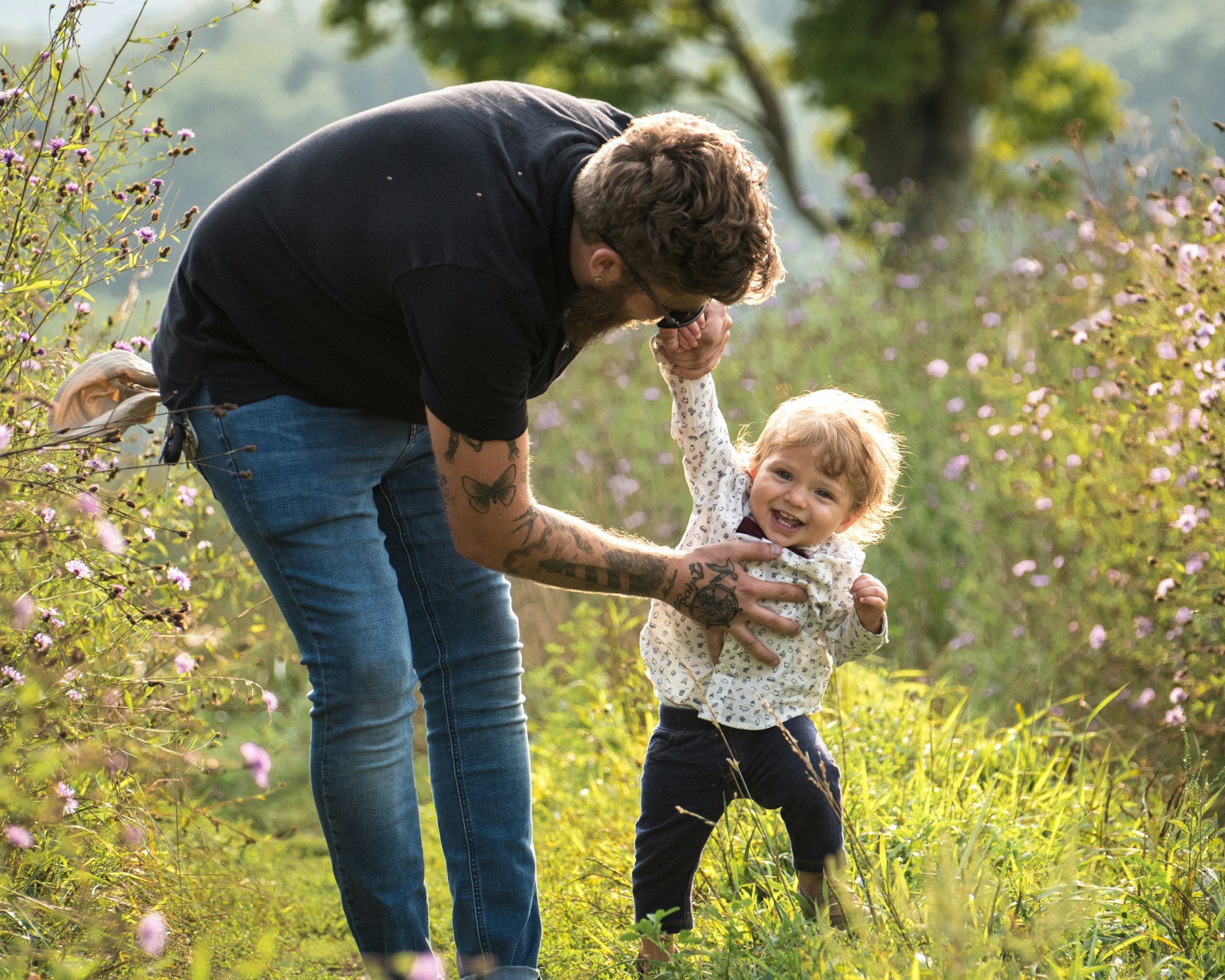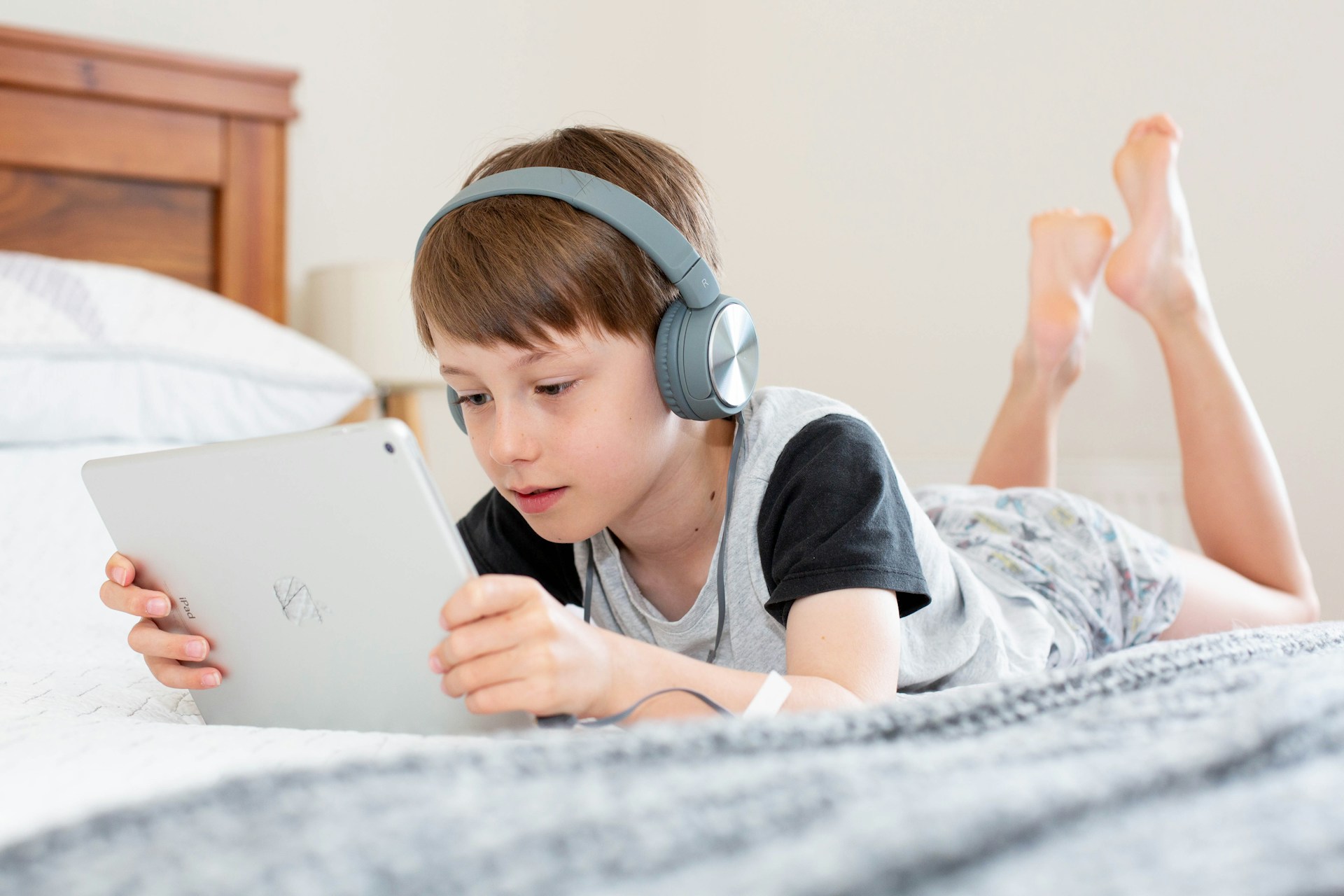The early stages of dating can be both exciting and confusing for kids. Whether it’s a first crush, a middle school dance, or a short-lived relationship, these moments mark important developmental milestones. For many kids, early dating feels like stepping into a new world—one filled with uncertainty, heightened emotions, and a desire for acceptance. As parents or caregivers, understanding and supporting kids during this time is crucial.
What Early Dating Looks Like
Early dating often begins in middle school, sometimes earlier. These relationships might be as simple as texting, holding hands at lunch, or walking home from school together. While they might not resemble adult relationships, the feelings involved are very real to kids.
For example, 12-year-old Maya developed a crush on a boy in her class. They sat together during lunch and occasionally exchanged notes. When he stopped talking to her without explanation, Maya felt heartbroken. Her mom noticed she was quieter than usual and decided to gently ask what was going on.
How Kids Might Feel
- Excited: The idea of being liked or having someone special can be thrilling.
- Confused: Kids might not know how to interpret emotions or actions.
- Embarrassed: They may feel awkward discussing their feelings or relationships.
- Hurt: Rejection, breakups, or misunderstandings can be deeply painful.
These emotional highs and lows are normal. What matters most is helping kids process their experiences in a healthy way.
How to Talk to Kids About Early Dating
- Create a Judgment-Free Space
Start conversations casually. Instead of diving straight into “Are you dating anyone?” try asking, “How’s school been? Any fun stories with your friends lately?” This makes kids more likely to open up without feeling interrogated. - Normalize Their Feelings
If your child shares something about a crush or a breakup, validate it. Say things like, “It’s totally okay to feel upset,” or “I remember having crushes at your age—it can be a rollercoaster.” - Share, But Don’t Overshare
Kids often benefit from hearing that others have gone through similar experiences. You might say, “When I was your age, I liked someone who didn’t like me back. It hurt, but I learned a lot from it.” - Guide Without Controlling
Offer advice without taking over. For instance: “If you’re ever unsure about how someone is treating you, you can always talk to me. You deserve to feel respected.” - Reinforce Self-Worth
Remind your child that their value isn’t tied to whether someone likes them back. Encourage activities and friendships that build confidence outside of dating.
Helping Kids Feel Better After Heartbreak
After a breakup or rejection, kids might feel like it’s the end of the world. It helps to:
- Offer comfort: “I’m really sorry you’re hurting. Want to talk or just hang out?”
- Suggest distraction: A movie night, game, or fun outing can lighten their mood.
- Reinforce resilience: “You’re stronger than you think. This won’t last forever.”



